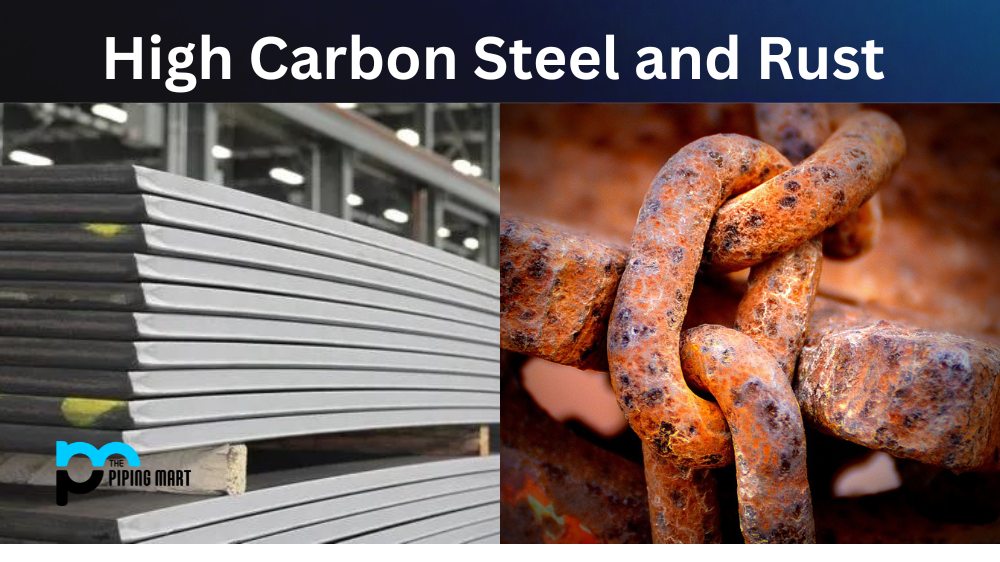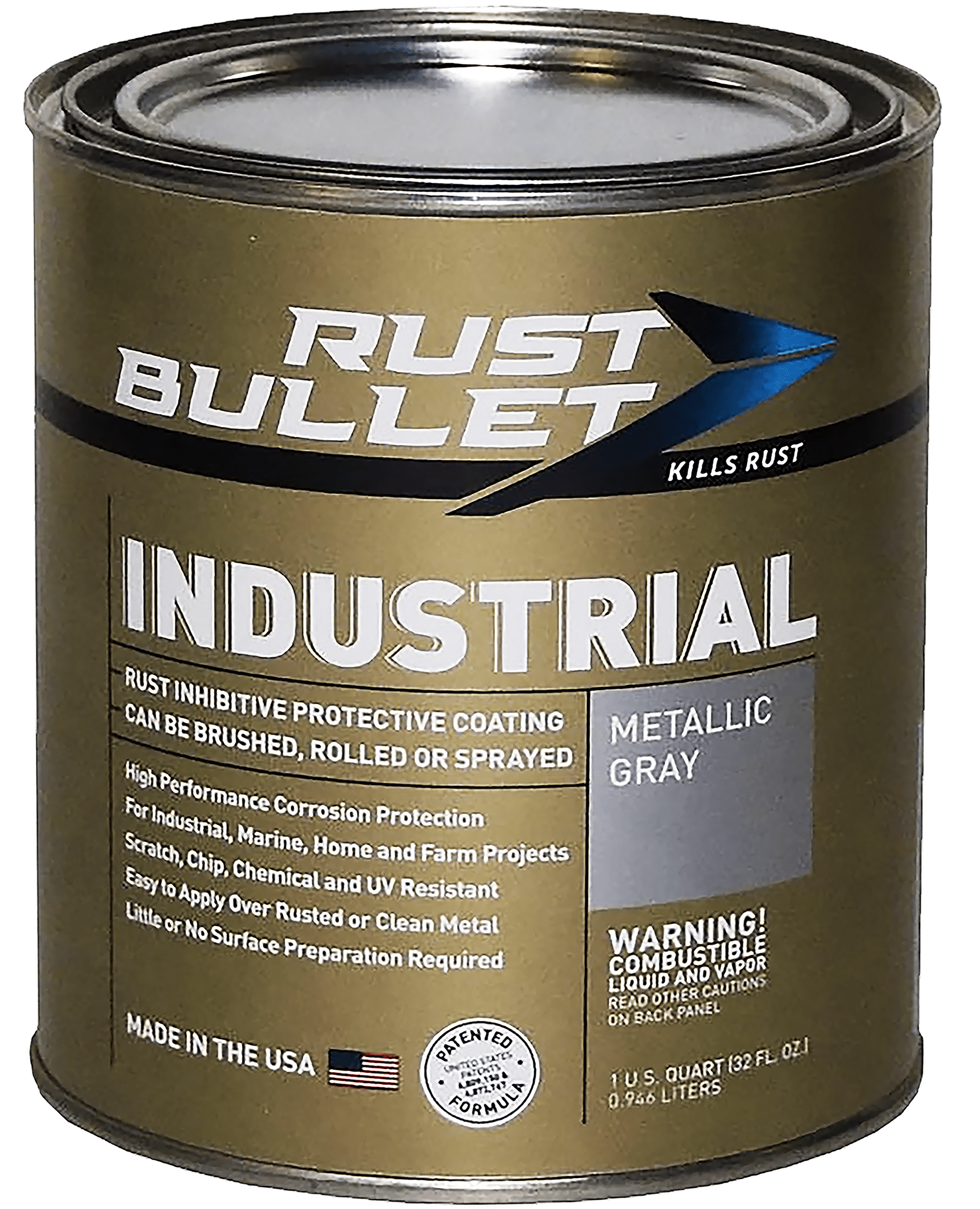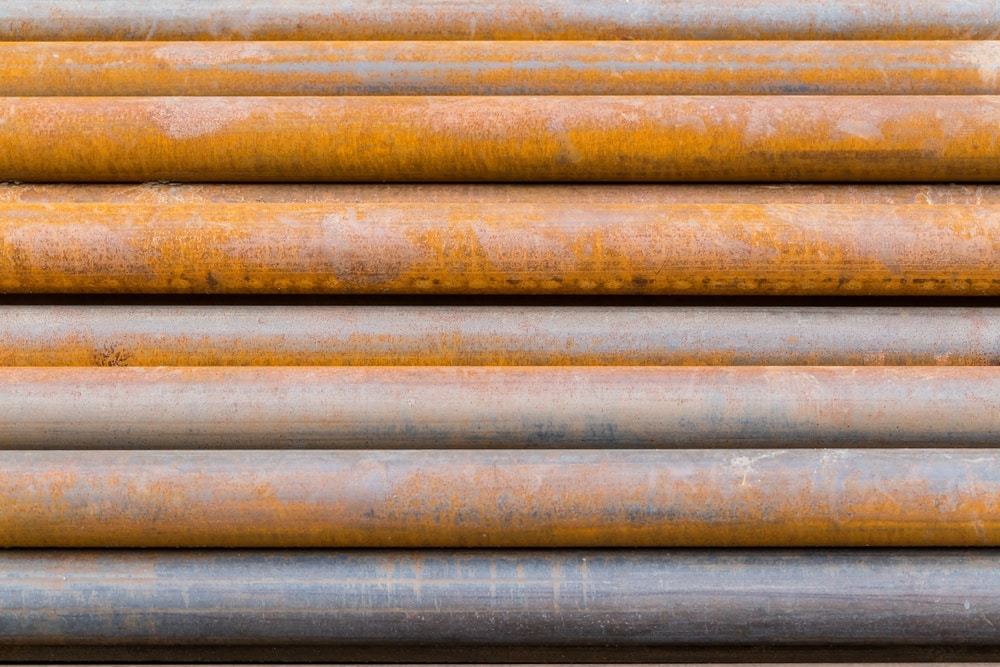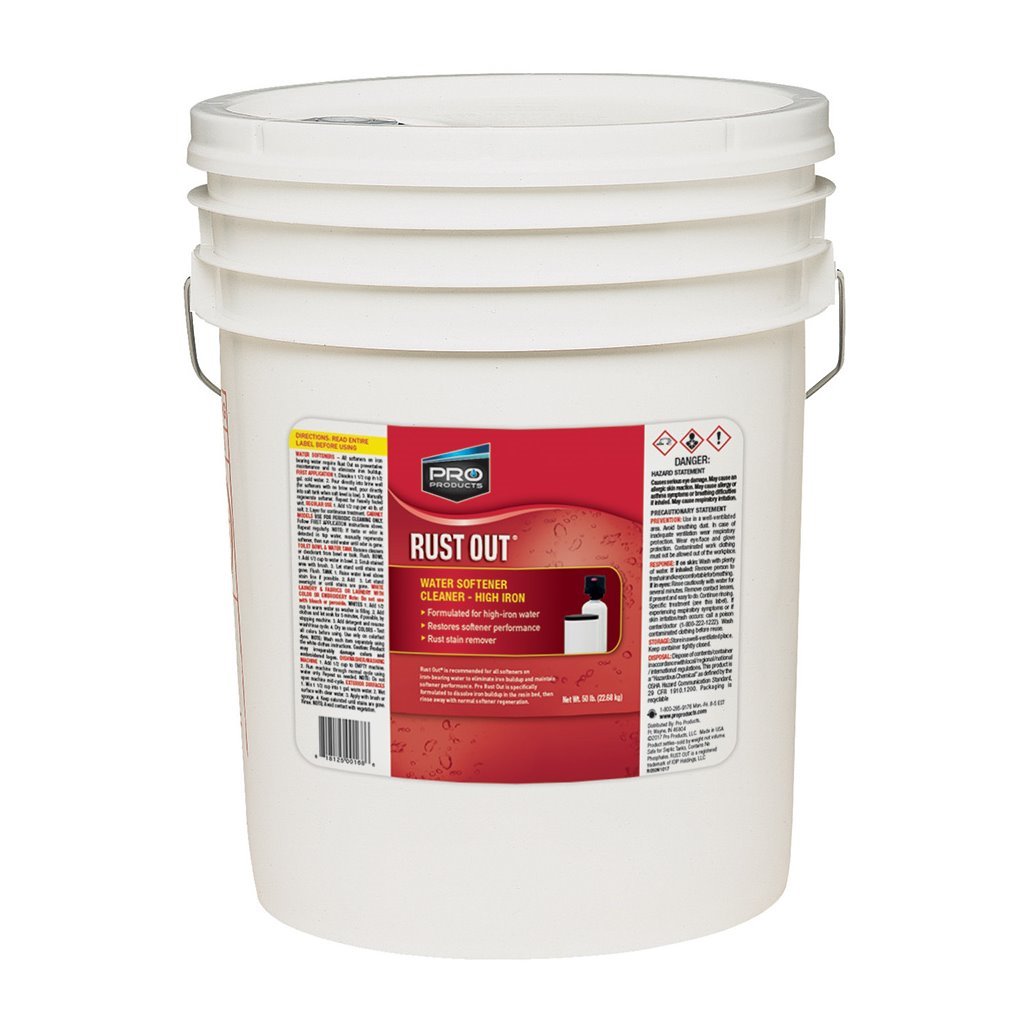
Pontiac Rust Prevention How To Protect Bare Metal Parts From
Compared to paint, the coating helps prevent rust and corrosion for far longer. Once your steel is galvanized, it can last as long as 50 years. But to say the least, no metal is 100% free from rust in the long run. Fortunately, rust usually catches up with time, and galvanized metal guarantees you a 50-year-long or more rust-free metal.
Rust Auto Finish Medium
Stop Metal-on-Metal Contact. Eliminating metal-to-metal contact strengthens pipes in two ways. First, it helps you avoid pairing up dissimilar metals. This protects pipes from galvanic corrosion. Second, it stops metals from scraping against other metals and opening up surface scratches where corrosion can start.

Does high carbon steel rust?
Rust Prevention Through Design. The first step in preventing rusting on structural steel is designing it with rust prevention as a primary goal. This means ensuring the design allows for proper drainage, ventilation, and periodic maintenance or inspection access. Good drainage will help keep rainwater away from the metal surfaces where it could.

Zerust Rust Prevention Multipurpose Poly Bag with Plain Closure with
As with most things, prevention is the best medicine. This quick guide outlines everything you need to know to stay ahead of flash rust. STEP ONE: IDENTIFY FLASH RUST. Flash rust has the characteristic copper color of rust along with an even, powdery surface. This makes it relatively easy to identify your carbon steel assets by sight alone.

[Answered] Preventing flash rust after tempering a carbon steel wok
Powder Coat. A direct alternative to paint, powder can also coat steel to protect from corrosion. Factory professionals either spray electrostatically charged powder onto the steel piece in a booth or lower the piece into a bed of fluidized powder. Once coated in powder, the steel piece is cured in an oven that's heated between 375 to 400.

Pin on Anthony's Video's
Step 2: Find a vessel for your knife. Using your tall, skinny vessel, place the small sponge or dish cloth in the bottom. Put your knife in gently, tip down. Pour in the chilled coffee until it covers the entire blade of your knife, but does NOT submerge the handle. Leave the knife in the solution for 6-8 hours minimum.

9 Best Products for Rust Prevention The Family Handyman
Rust Resistance Properties. Regarding rust resistance, high-carbon steels generally have better corrosion resistance than low-carbon steels due to their higher hardness and strength. However, they still are susceptible to rusting if not properly treated or maintained. To prevent corrosion from occurring on high-carbon steel surfaces, a regular.

Carbon 101 — Carbon Yield
The formation and quantitative analysis of iron carbonate at carbon steel in respect to the structure of the carbon steel has been evaluated by XPS in the study by Ochoa et al., 100 who examined CO 2 corrosion resistance of carbon steel with 0.5 M NaCl, loaded with CO 2 with four different microstructures: banded, normalized, quenched and.

Rust Bullet Industrial Rust Inhibitor Paint, Industrial Strength
2. Remove the Rust. Now, it's time to for the drudgery. For light rust, a mixture of warm water and a small amount of dish soap applied with a sponge or nylon brush should be sufficient. Gently scrub the rusted areas until the rust is gone, being careful not to scratch the surface of the pan.
:max_bytes(150000):strip_icc()/GettyImages-548553969-56a134395f9b58b7d0bd00df.jpg)
READ THE SCIENCE 7.3 Corrosion reactions
Drying: After washing, thoroughly dry the knife with a clean towel to prevent moisture from lingering on the blade. Carbon steel knives should never be left to air dry, as this increases the likelihood of rust formation. Oiling: Applying a thin layer of food-grade mineral oil or any oil specifically designed for carbon steel knives helps create.

FileRust on iron.jpg Wikipedia
Alternatively, use an abrasive sponge in the same way. Vinegar bath - Soak the blades of your knives in a pan of white vinegar, or soak kitchen paper in the white vinegar and wrap around your knife blade. Wipe down the blade to remove the rust. Sandpaper and WD40 - Spray a little WD40 on the affected parts of the blade and then sand using a.

¿Cómo proteger el aluminio de la corrosión? Consejos y Tips
Yes, Carbon steel is a natural metal that will rust if it is not properly coated or treated. Also, slight exposure to vapor can let carbon steel rust. Another crucial factor to consider is that it has little ductile properties than other steel. Also, carbon steel is higher-grade steel than many others, but it has carbon in it, so it can rust.

Canada's carbon tax Who's paying (and not paying) Corporate Knights
Dry the pan by hand. Put the pan on your stove over low heat. Dry the pan over the burner until all remaining water has evaporated. Lightly coat the inside of the hot pan with a high smoke point oil to form a very thin layer. Remove the pan from the heat and allow it to cool. Wipe away excess oil (if any) and store.

How to Address Flash Rust on Your Carbon Steel Assets
B.hot-dip galvanizing--The following is the hot-dip galvanizing which has a better surface effect. After rust removal, the steel parts are dipped into a molten zinc solution at about 500°C to make a zinc layer attached to the surface of the steel parts. This treatment is more expensive.

RUST OUT50,RO50N,PRO PRODUCTS, LLC*,Pro Rust Out 50 Lb.,Pro Rust Out
How To Prevent High Carbon Steel From Rusting. 1. Apply a Dry Coating. You can prevent high carbon steel from rusting by applying a dry coating. Some products are specifically made to prevent steels from rusting. These products work in the same way as oil, by creating a protective barrier against rust without leaving behind any residue.

Japanese carbon steel knife care and rust removal from knives The
The paper aims to fetch data on corrosion prevention and rust removal in steel structures for engineers. Corrosion, a natural process that occurs in the moist atmosphere in which the chemically active metals get corrode, whereas rusting is a process in which iron corrodes due to atmospheric exposure.